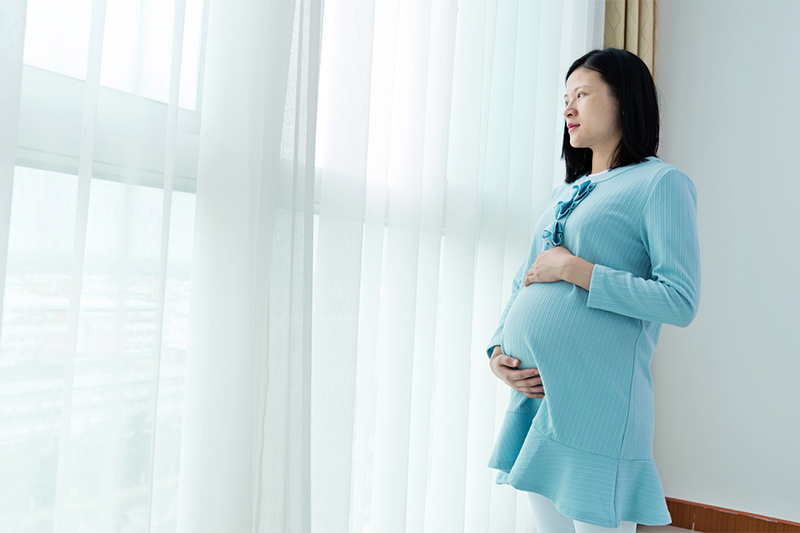Families For Life | Antenatal Depression: What Causes It and How Can We Treat It?

Overview
Pregnancy and childbirth are special times in the lives of many women. But sometimes, instead of being excited, joyful and in the brink of good health, you can find yourself struggling to cope with depression.
Research has suggested that antenatal depression, or depression during pregnancy, may be even more common than postnatal depression. Locally, about one in five pregnant women is likely to have significant depressive symptoms associated with impairment of functioning, and about one in ten will have clinical depression - that is, depression requiring medical attention.
We also now understand that antenatal depression often marks the onset of depressive illness in women and increases the risk of postnatal depression.
Causes
It is often an interplay of various factors that led to the onset of depression during pregnancy. As a pregnant woman, you will need to undergo a significant psychological adjustment as you adapt to the pregnancy and the notion that you will be nurturing a new life that you are fully responsible for.
If this is your first baby, the adjustment can be more challenging, especially:
if the pregnancy was unwanted or unplanned.
if you have had a difficult relationship with your own mother. The unresolved emotional conflicts will be awakened as you prepare to be a mother.
if you are working. You may not be able to convince yourself to let go of your career or you may have colleagues who are not understanding and supportive.
if you are a teenager or very young mother. The psychological adjustment needed to become a mother may be particularly difficult, as you are still very much in need of mothering.
Other factors that may contribute to antenatal depression include:
having a complicated pregnancy
foetal abnormalities
if you have previous episodes of depression.
The same factors that contribute to depression at any other time in a woman’s life will similarly affect her during her pregnancy:
Marital difficulties
Interpersonal problems
Financial and occupational problems
Lack of social support
Loss of a loved one
Substance abuse and dependency
Lastly, if this is a precious pregnancy, or you have had difficulty conceiving or previous miscarriage, there is also an increased risk of depression.
Seeking Antenatal Depression Treatment
In the first trimester, antenatal depression treatment may come in the form of familial support, therapy and counselling. Unless depression is severe, antidepressants should be avoided as a baby’s organs are still developing at this stage.
Antidepressants may be administered for more serious cases in the second trimester but weaning closer to delivery is recommended.
Explore more
Contributed by:
Health Promotion Board's Parent Hub